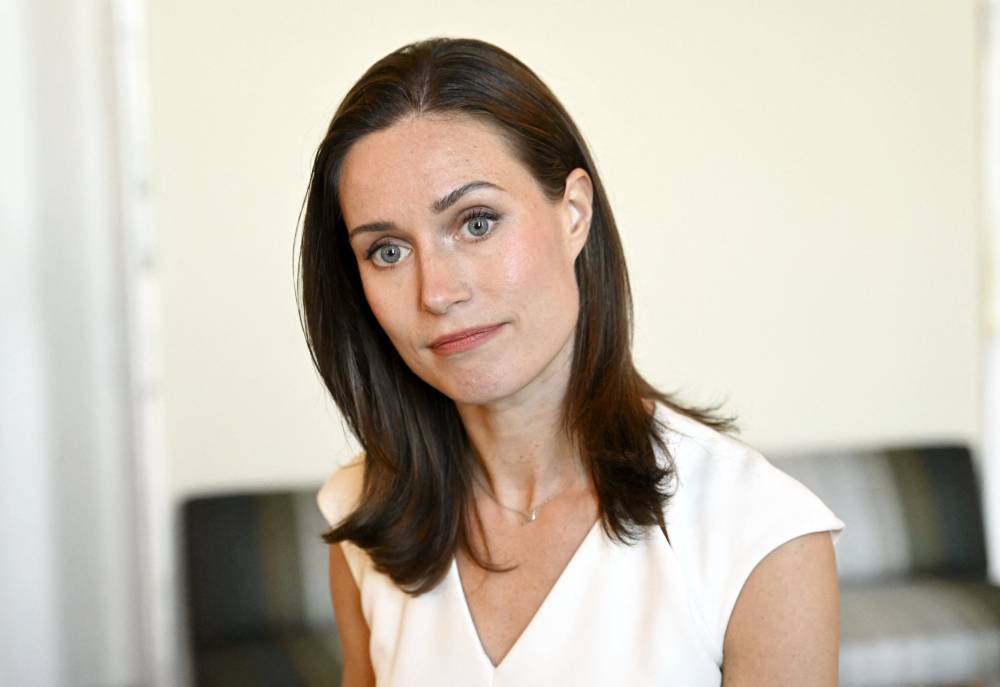SHAH ALAM - Despite various challenges, appointing a young Prime Minister in Malaysia is not something impossible and should not be ruled out.
Research firm O2 Research chief researcher Anis Anwar Suhaimi said one of the main challenges in realising the dream of having a young Prime Minister for Malaysia was the political and public acceptance of younger leaders.
"In a political culture that tends to value experience and maturity, a young Prime Minister may struggle to gain the full trust of many, including senior political colleagues and older voters. This creates obstacles in obtaining the necessary support to implement important policies and initiatives.
"A young Prime Minister would also need to demonstrate the ability to make wise decisions and manage crises effectively, which are tasks that require extensive experience and a deep understanding of domestic politics and international relations.
"Without a strong track record, young leaders might face scepticism about their ability to handle the pressures and responsibilities that come with the position of Prime Minister," he told Sinar.
He added that financial strength was another challenge that cannot be overlooked, as young leaders may not have access to substantial financial resources compared to senior political leaders.
He said young political leaders may struggle to compete in fundraising for effective campaigns, especially in a political system that demanded significant financial resources during elections.
He said consolidating political support in a fragmented political landscape like Malaysia was also a critical challenge.
"A young Prime Minister would need to demonstrate exceptional political diplomacy skills to unite various factions and parties into a coherent and stable government," he said.
However, he acknowledged that a young Prime Minister could bring positive and relevant changes to the country's administration with careful planning and strong political support.
A recent example is Thailand, which appointed the youngest child of Thaksin Shinawatra, Paetongtarn Shinawatra, as Prime Minister at the age of 37.
This showed that there was potential for young leaders to bring renewal and new perspectives to governance.
Anis said when considering the possibility of Malaysia having a young Prime Minister, there were several advantages and disadvantages to take into account.
"Young leaders are more open to technology and social change, which is very beneficial in addressing issues such as climate change, economic digitalisation and inclusive social development.
"They may also have closer relationships with the younger generation, who are an important asset as future voters and key players in the gig and digital economy.
"On the other hand, the disadvantage of having a younger Prime Minister is the lack of deep experience, which could pose risks in crisis management or international diplomacy," he said.
He noted that experience is crucial in politics, especially at high levels of leadership, as it helps in making mature decisions and handling complex situations more effectively.
He added that young leaders might face challenges in earning the respect and cooperation of senior leaders who may be reluctant to accept more radical or unconventional approaches.
Overall, he said a balance between new ideas and traditional experience was key to steering Malaysia towards a stable and prosperous future.
POLITICAL DYNASTIES
Meanwhile, Universiti Utara Malaysia's Tun Dr Mahathir Institute of Thoughts fellow researcher Mujibu Abd Muis said two major obstacles must be overcome before the country can dream of having a young Prime Minister in the future.
"Firstly, potential young leadership should not be blocked or hindered by party politics bureaucracy, which usually prioritises older and senior leaders based on seniority.
"As long as young leaders are only considered as part of a wing movement and not the mainstream, their youth will be wasted climbing the party ranks without the opportunity to develop their true talents," he said.
In some cases, potential young leaders even have to compete with party warlords who were uncomfortable with the presence of new faces, he added.
Mujibu pointed out that the potential of young leadership was indeed a national asset, but as long as there was party bureaucracy combined with veteran leaders who were unwilling to step aside and make way, there will be no opportunities for young successors to prove their abilities.
"As long as political parties are unwilling to promote potential young leaders, the dream of seeing a young Prime Minister will remain just an empty talk.
"However, there should be no favouritism, where only young leaders from political dynasties are allowed to shine, while others with leadership potential are not given the same opportunity," he said.
He said the public also needed to undergo a paradigm shift, not just choosing young leaders from well-known political parties, as the country has never lacked young talent from various backgrounds.
He added that the country's leadership model has long originated from a single party, so if the people truly wanted to make a change, it needed to be done all-out, as the appointment of a young Prime Minister could bring its own benefits.
"Don't just choose based on strong parties and disregard qualified young leaders from smaller or less known parties," he said.


